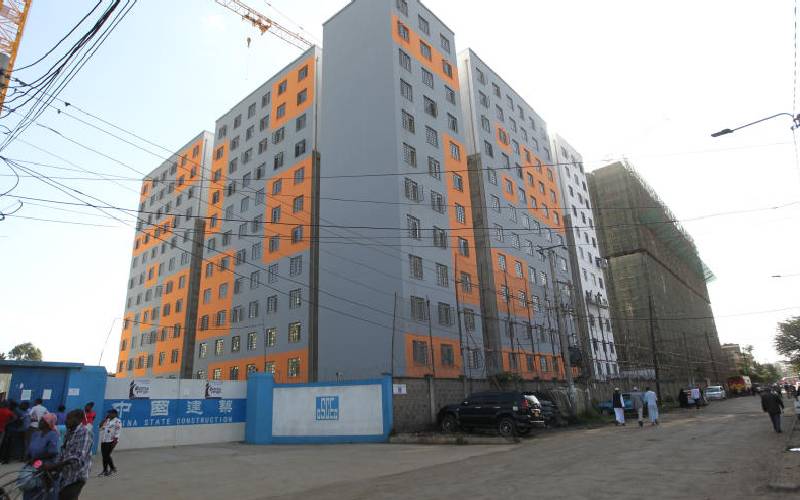×
The Standard e-Paper
Smart Minds Choose Us

First, there were promises of laptops for all primary school pupils, world class stadia in every county and the creation of 500,000 jobs for youth annually.
Then came the four pillars: Food Security, Affordable Housing, Universal Healthcare and Manufacturing.